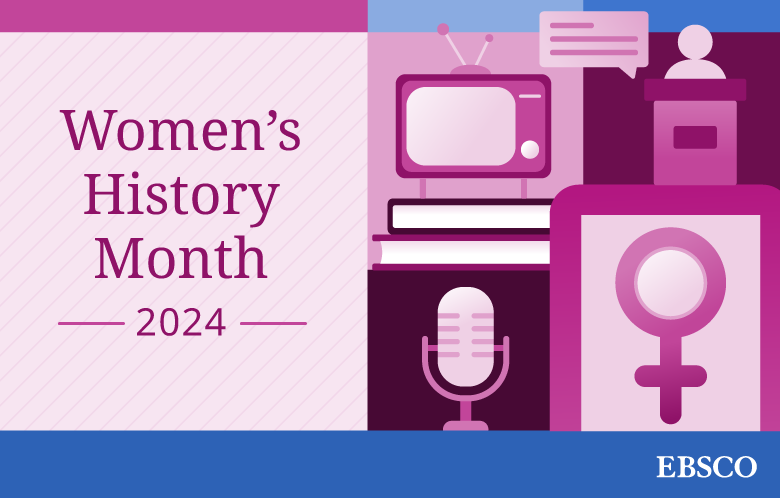Haiku is a form of Japanese poetry that uses rich sensory imagery, most often to honor nature or describe our surroundings. Originally known as “hokku,” the melodic form was renamed “haiku” by Japanese writer Masaoka Shiki at the end of the 19th century. Traditionally, haiku is characterized by a 17-syllable structure, with three lines in a 5-7-5 construction that can be recited in one breath. However, in the last century the form has been adapted to only approximate the 17-syllable poem length (Hardenbrook 35-37).
In honor of National Poetry Month, we thought we’d share some haiku written by EBSCO employees. Given the rough winter the Northeast has had, you may notice a common theme running through many of these…
Jonquils defy snow,
blooming encouragement now
against winter’s cold.
— Holly Bussey, Account Services Manager
Aurora dancing.
Red and green light up the sky
while I sleep soundly.
— Lisa Dennis, Training Specialist, West Coast
Mountains at sunset.
Sweet scent of honeysuckle.
I know there is peace.
— Steve Strother, Regional Sales Manager
Bitter winds consume my fingers.
I’d sell my soul
for a pair of gloves.
— Mary Krigbaum, Training Administrator
Up the stream they soar,
against the shimmering flow,
fish that love the sky.
— Monika Korolczuk, Marketing Coordinator
Standing by the sea,
We know peace, energy through
Life itself. Joy, too.
— Pamela Erickson, Training Specialist–Southeast
The cool morning frost,
reflecting the warming sun.
Spring awakening.
— Tracie M. Burns, Account Services Manager
Underneath the snow,
impatient, colors of spring,
waiting for their turn.
— Shoko Miyagi Derderian, Discovery Solutions Coordinator
Today’s first meeting.
I have been up for hours,
sand between my toes.
— Anonymous
EBSCO customers
challenge us to change and grow
to serve the future.
— Susan Draeger-Anderson, Account Services Manager
Works Cited
Hardenbrook, Yvonne. "Haiku In North America." Study & Writing of Poetry by American Women Poets. 33-40. n.p.: SJK Publishing Industries, Inc., 1996. Poetry & Short Story Reference Center. Web. 20 Mar. 2015.
EBSCO recognizes the importance of poetry in the curriculum. If you’re seeking a way to bring a historically rich collection of poems and authoritative essays to your library collection, look no further than Poetry & Short Story Reference Center. In addition to thousands of classic and contemporary poems, the database includes e-books, images, audio recordings and videos. You will also find a number of lesson plans and assignments designed specifically for use with content included in this database.
See what Poetry & Short Story Reference Center offers with a free trial.



